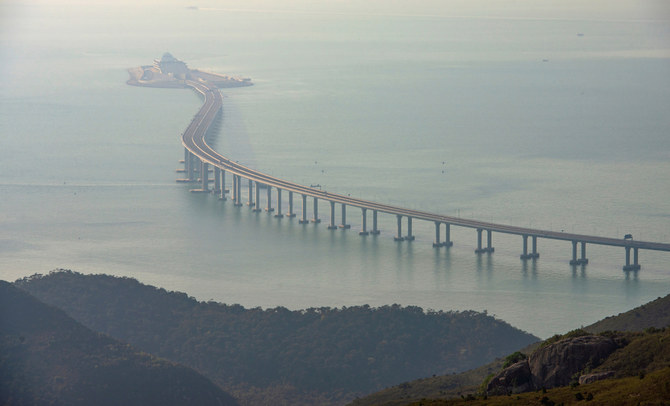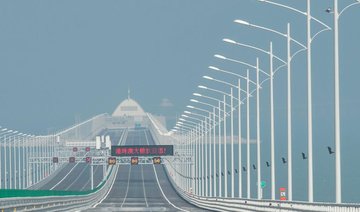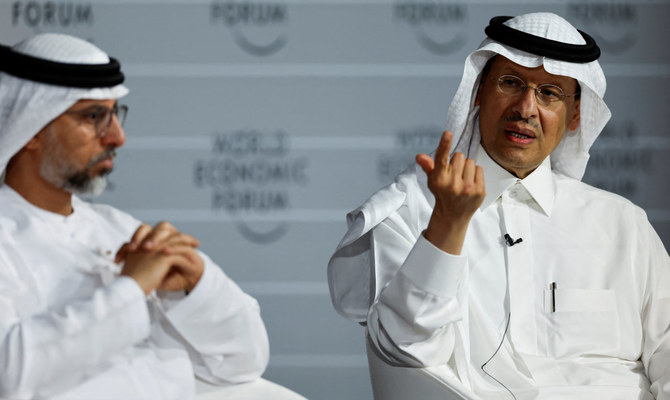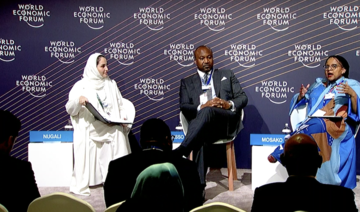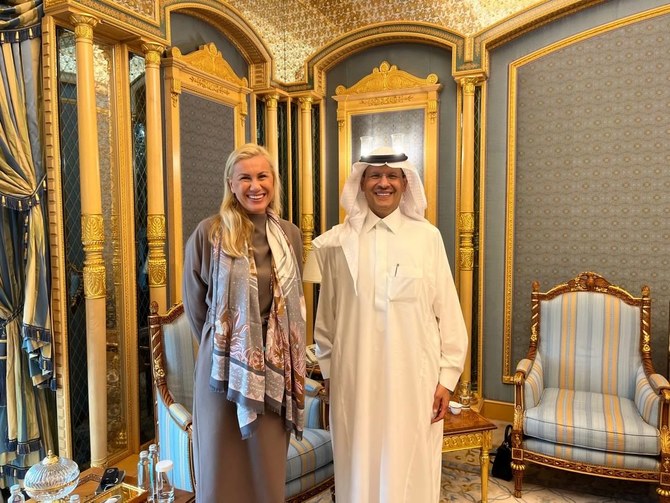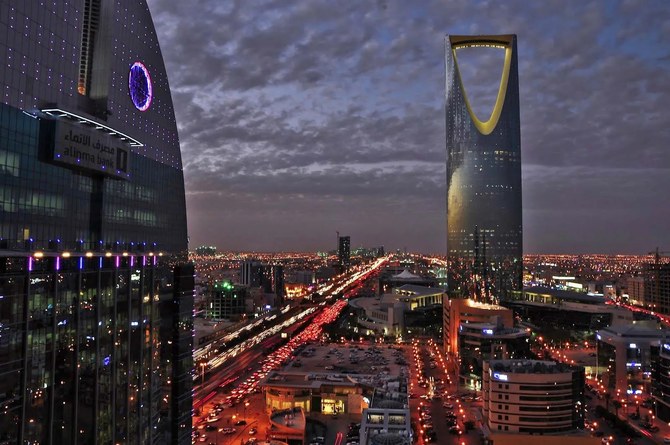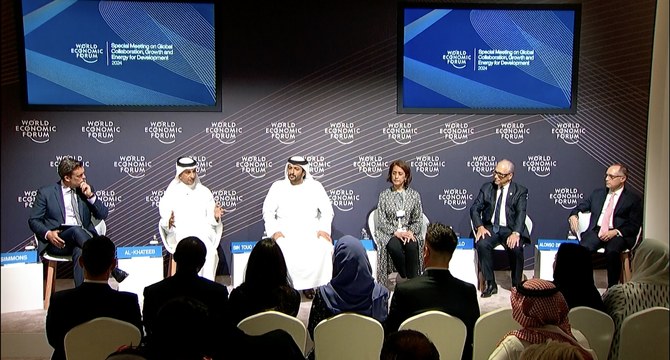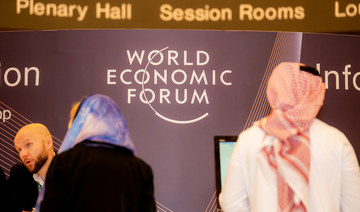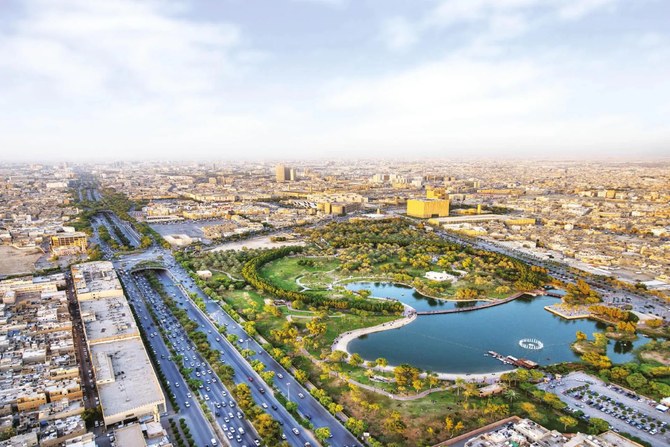HONG KONG: Some in China’s central bank are looking to draw inspiration from the EU and Britain’s relationship with the common market to help shape how China integrates its southern economic powerhouse with Hong Kong and Macau.
The Greater Bay Area already has a combined economy roughly the same size as Australia but the region of 11 major cities is relatively divided — not least because Hong Kong and Macau have their own currencies and legal systems that make integration a difficult task.
The central bank’s branch in Shenzhen, under President Xing Yujing, produced a 295-page report on financial and economic integration in the bay, which suggested building a single market akin to the 28-state EU. The report was penned with China Merchants Bank’s chief economist and published last month.
While the report highlights some of the benefits of European integration, it also acts to underline the challenges facing China in trying to harness the promise of an area that already houses worldscale financial markets, industrial centers and technology sectors.
Market experts say that Hong Kong and Macau would have to give up some autonomy in setting rules and standards, and like Britain, decide on the degree to which they are willing to drop barriers to allow the freer movement of people and capital.
In the report, Xing made no bones about promoting the free movement of people and capital in the bay, and learning from proposals for Britain’s exit from Europe — a proposition previously unexplored by Chinese officials, at least in public.
“European integration has enhanced the welfare of the European people,” the Shenzhen branch of People’s Bank of China told Reuters in a statement.
It spelled out that the suggestions do not represent official policy positions.
The UK has made “plenty of detailed, professional arrangements in ... minimizing Brexit’s impact (while) maintaining integration with European economy and finance,” it added.
The European common market embraced the free movement of labor, which the Greater Bay Area should endorse to “maximize labor market productivity,” Gary Smith, London-based managing director at Barings Investment Institute said.
“That’s the way that the economic benefit is maximized. If it doesn’t happen, then authorities are limiting potential gains,” he said.
While Europe has abolished border controls between 26 countries, there are checkpoints between Hong Kong, Macau and mainland China, under the “One Country, Two Systems” arrangement, which ensures the two cities keep their way of life under Chinese rule.
For a potential solution, Xing pointed to Britain’s idea of a “soft” border with Ireland after Brexit, which aims to continue a free flow of goods and people between the Republic of Ireland and Northern Ireland.
An electronic border could be installed in the bay, whereby businesses pay tariffs online after crossing it, Xing’s report recommended.
She also floated an EU-style “passporting” system for financial services — the ability for those with regulatory approval in one jurisdiction to operate across many in a common area — a policy that could be rolled out across China later.
Yet for financial integration to work, local officials will need to give up some power. “If you had no over-arching authority, you could see Shenzhen and Hong Kong competing on financial markets,” said Smith.
Passporting, for example, requires rules and standards across the area to be aligned, which “inevitably takes away a lot of rule-making autonomy” from local authorities, Mark Simpson, partner at Baker McKenzie in London.
However, the concept of passporting is already embedded to a degree in schemes such as Stock Connect, which allows Hong Kong and mainland-based investors mutual market access, said James Lau, who heads the city’s Financial Services and the Treasury Bureau.
Since mainland China has capital controls, Stock Connect comes with ceilings on trading activity and a closed loop of capital flows — investors must convert gains back into their home currencies.
Xing’s research showed a freer capital regime would be good for long-term growth in the bay, but warned of the “vicious cycle” of large outflows and yuan depreciation pressure if all controls are let loose.
Preserving these checks on capital flows will make it harder to promote the yuan’s usage in the bay — another goal of Xing’s — said Peter Reynolds, Greater China co-head of financial services at consultancy Oliver Wyman.
While Beijing may worry about the free flow of capital, Hong Kong could fret over the free flow of people that a more open system might allow.
“That’s one of the major reasons why the UK is exiting (from the EU). It’s the free flow of people,” said Hong Kong’s Lau.



